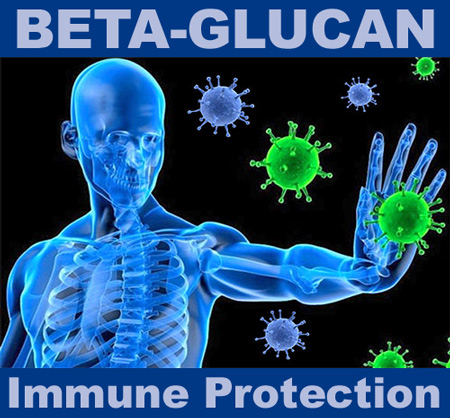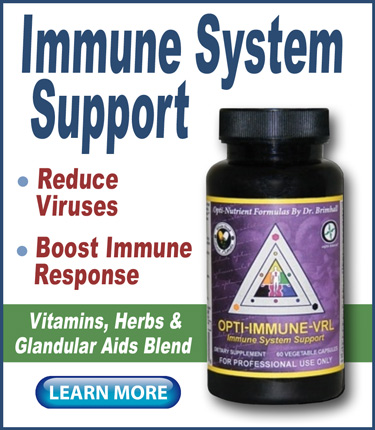Beta glucan is a soluble fiber found naturally in the cell walls of yeast, cereal grains and some fungi.
Beta glucan is a polysaccharide—a large molecule made up of multiple sugar molecules—which has been linked to a number of health benefits.
For example, as a soluble fiber beta-glucan is not digested, so it slows food transit in the intestines. As a result, carbohydrates are absorbed more slowly, resulting in better blood sugar balance. In addition, its slow transit through the digestive tract allows it to pull cholesterol out with it.
These are the properties that link beta glucan to cholesterol-lowering and blood sugar-regulating benefits.
Another benefit of beta-glucan—perhaps the most documented—lies in its ability to boost the immune system. “Immune boosting” can run the range from fending off colds and flu to battling cancer.
WebMD lists almost 50 conditions that beta-glucan “possibly” supports, but cautions that more research is needed for the majority of them.
For more definitive help, we can turn to specific documented research:
Five diverse studies.
Some of the notable studies on the health benefits of beta-glucan from the past decade include:
Beta-glucan is found in highest quantities in cereal grains like oats, barley, and wheat; however, it is also in baker’s yeast and certain fungi like maitake, shiitake, and reishi mushrooms.
Beta-glucan is most abundant in food in their raw and natural state; however, grains have to be cooked to be edible, and this severely reduces the amount of beta-glucan.
In addition most people don’t eat fungi in substantive amounts, and many people today choose to avoid or limit grains in their diet. In short, acquiring beta-glucan in therapeutic quantities through diet can prove quite difficult; hence, taking nutritional supplements is the most viable option for most people.
When choosing a beta-glucan supplement, consider proven products that provide a synergistic blend of immune-supporting ingredients.
Optimal Defense from Optimal Health Systems combines beta-glucan with potent herbs, friendly bacteria and anti-microbial enzymes to provide a powerful immune-building blend.
Opti-Immune-VRL is a non-vegetarian product that combines vitamins and herbs with glandular aids to create an effective immune system booster.
– – –
Sources:
1. European Journal of Nutrition, Dec. 2013.
2. NutraIngredients.com, Jan. 2016.
3. British Journal of Nutrition, Feb. 2013.
4. Medicine & Science in Sports & Exercise, Aug. 2004.
5. NutraIngredients.com, April 2011.



